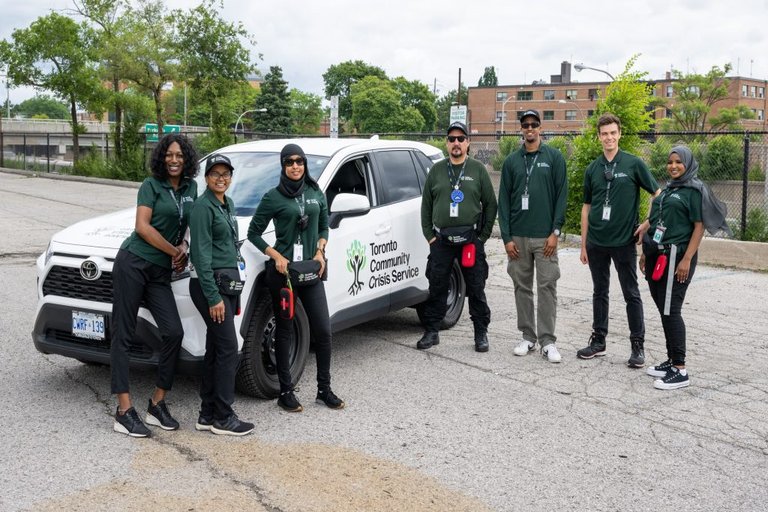Public Safety
EMS Teams Roll Out New Mental Health Support Units
The city has deployed special EMS units trained to handle mental health crises in collaboration with social workers, aiming to reduce hospital visits and police involvement.
By Feather Sand Chronicles Editorial Team | April 06, 2025 at 10:46

Toronto's emergency medical services have launched a new initiative aimed at improving response to mental health crises across the city. Specialized EMS Mental Health Support Units are now operating in several neighbourhoods, combining paramedics with trained crisis workers to provide de-escalation and on-site care.
The program, a partnership between Toronto Paramedic Services and local health agencies, seeks to reduce unnecessary hospital transports and minimize the involvement of police in mental health-related calls. Officials say the new units offer a compassionate, patient-focused alternative to traditional emergency response models.
Each unit is staffed by a paramedic and a mental health clinician who respond to 911 calls flagged for behavioural or psychological distress. Arriving in unmarked vehicles, they work to assess the situation, administer care, and connect individuals with appropriate community resources.
'This approach prioritizes dignity and stabilization,' said Paramedic Services Chief Gord McEachen. 'We’ve seen too many situations where someone in crisis ends up handcuffed or hospitalized unnecessarily. These teams are trained to listen, not just respond.'
The pilot program has already responded to more than 250 calls since its soft launch two months ago, with early results showing a significant decrease in hospital admissions. In many cases, individuals were referred directly to community mental health programs or provided follow-up care at home.
Advocates and mental health professionals have welcomed the program as a long-overdue step in modernizing emergency care. 'Mental health is health, and it needs to be treated with the same nuance and compassion,' said Sarah Vinh, a clinical social worker with CAMH who consulted on the training materials.
City leaders hope to expand the program city-wide by year’s end, pending additional funding from the province. If successful, Toronto could become a model for urban mental health crisis response nationwide.